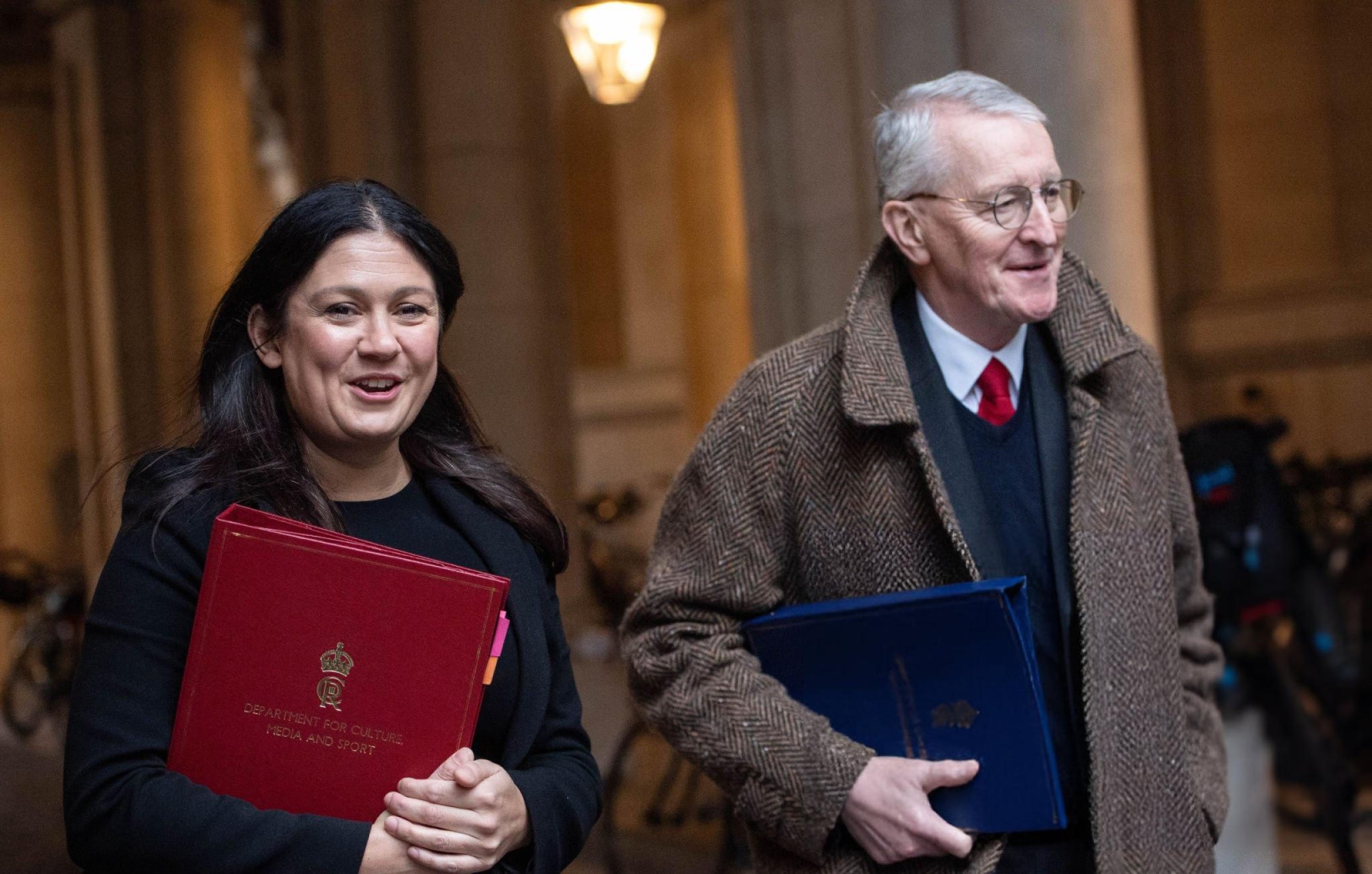Labelling arts degrees as ‘Mickey Mouse’ was economic madness, says culture secretary
The UK’s Culture Secretary, Lisa Nandy, has criticised the previous conservative government for branding arts courses as “Mickey Mouse” degrees, calling it an act of “economic madness” at a time when the country’s film and television industry is thriving.
Speaking ahead of her visit to stratford-upon-Avon, the birthplace of William Shakespeare, Nandy emphasised the importance of targeted support for the arts and culture sector to boost employment and economic growth across the UK. She condemned the neglect of the sector over the past decade, stating that culture had been “erased from our classrooms and our communities.”
Investment in the arts sector
During her visit to Warwickshire on thursday, the culture Secretary is set to announce a series of funding initiatives, including a 5% budget increase for all national museums and art galleries, along with an £85 million creative foundations fund aimed at urgent capital works to ensure venues remain operational.
In an interview with sky news, she underscored the economic potential of the arts, saying, “This is one of the fastest growing industries in the United Kingdom, a great source of jobs and growth whether it’s film, music, TV, or literature. We export to the rest of the world, and companies are eager to invest here.”
Nandy also stressed the importance of providing opportunities for young people, stating, “With the right kind of targeted support, we can create jobs, drive growth, and unlock opportunities. Most importantly, we can ensure that every part of the country enjoys the arts and that every child growing up in Britain has the chance to become a storyteller for the next generation.”
Reversing a decade of decline
The cabinet minister criticised the conservative government’s education policies, particularly their stance on arts subjects in schools. She highlighted that the number of students taking arts GCSEs had dropped by nearly 50% due to government ministers dismissing these subjects as “Mickey Mouse” degrees.
“At a time when global entertainment giants like Warner Bros, amazon, and disney are eager to invest more in the UK, and when the film industry is booming in places like Sunderland at the crown works studios, it is economic madness to undermine arts education,” she said.
Nandy also argued that the erosion of arts education had deprived an entire generation of the opportunity to lead “richer, larger lives” through access to cultural experiences.
A new vision for the arts
In a lecture at the Royal Shakespeare Company’s the other place, Nandy announced a £270 million investment plan to strengthen the foundations of arts venues across the country. She expressed a commitment to ending the long-standing debate over “access or excellence” in the arts, advocating instead for “access to excellence.”
“The arts is an ecosystem that flourishes when we support the excellence that exists and use it to level up,” she stated.
Reflecting on her own childhood experiences, she shared how theatre visits with her father, a former national theatre board member, had shaped her love for the arts. “I love all of it – the sound, the smell, the feel of the theatre. It makes me think differently about the world. Most of all, I cherish the gift our parents gave us: the belief that these places and spaces belong to us.”
She stressed that Britain’s excellence in film, literature, theatre, television, and the arts was “a gift” and “part of our civic inheritance.” As custodians of this cultural legacy, she called on the government and society to ensure that future generations continue to have access to these enriching experiences.
Addressing inequality in the arts
Nandy also acknowledged the disparities in access to artistic opportunities, stating, “While talent is everywhere, opportunity is not. This cannot continue. That is why our vision is not access or excellence, but access to excellence. We will accept nothing less, and this country needs nothing less.”
Her remarks highlight a significant shift in government policy, moving away from the previous administration’s focus on limiting arts education and funding. With these new measures, Nandy aims to restore the status of arts and culture as vital components of the UK’s economy and national identity.







